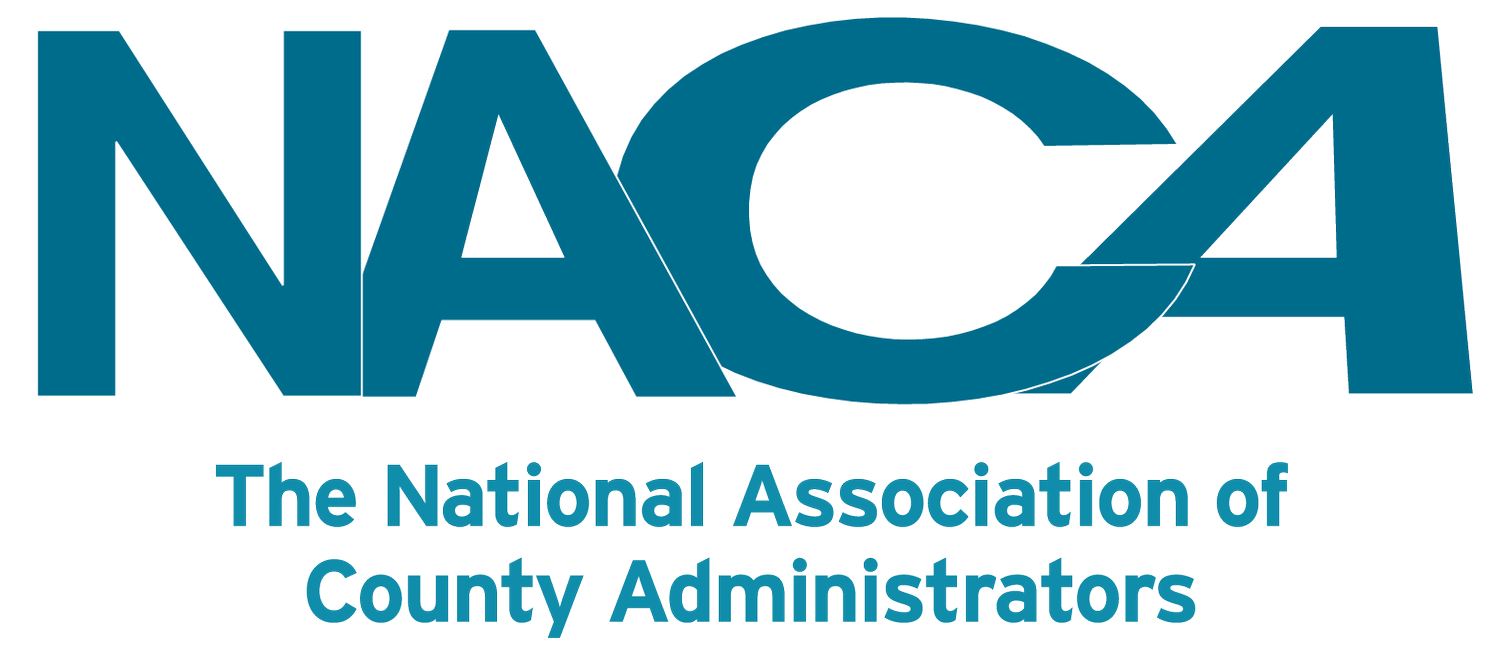County Administrators Discuss Shared Challenges at the ICMA’s 2025 Annual Conference
Written by: Shane Digan, 2025 David J. Krings Scholarship Awardee, Assistant to the County Manager/PIO, Craven County, NC
Shane Digan, Assistant to the County Manager/Public Information Officer, Craven County, NC
The 2025 International City/County Management Association (ICMA) annual conference in Tampa, FL., brought together thousands of municipal and county managers from across the country to network and share ideas. It can be easy for many to forget that ICMA represents County Administrators/Managers, and not only municipal managers. This is understandable, as there are many more municipalities than counties in the U.S., and several states have limited adoption of professional, appointed county management.
As an emerging practitioner dedicated to the field of county administration, I am thankful that the National Association of County Administrators (NACA) exists. County administrators benefit from the voice it gives and from the sense of community it fosters. Counties face unique challenges, some of which are highlighted in this article, and the importance of the county role in our country’s intergovernmental landscape will only grow larger.
As a proud member of “Team County”, attending the NACA Idea Exchanges was the highlight of my ICMA conference experience. I found it enlightening to hear from seasoned administrators about the problems they are facing and the innovative solutions they are using to address those problems. It is a relief to know that many of us are facing similar challenges.
While several topics were discussed, a few stood out to me:
SNAP Fiscal Cliff
Figure 1 - County Provision of SNAP Benefits, National Association of Counties, County Landscape Project: Maps and Stats. March 2025.
Ten states delegate the administration of the Supplemental Nutrition Assistance Program (SNAP) program to counties, including my state of North Carolina (see orange highlighted counties in map). Counties in these states faced short-term funding implications from the federal government shutdown and will encounter longer-term impacts from the “Big Beautiful Bill”. Administrators shared how they were (at the time) responding to this issue, with several highlighting efforts to work with food pantries to bring in additional resources. One county shared its use of reserve funding dedicated to another purpose to cover shortfalls. The provision of social services is an area where counties generally stand out from other local governments, and it is worth highlighting these services to residents and stakeholders. Counties are at the forefront of human services, working directly with residents in need. By administering social services at the county level, residents can interact with staff at local offices, staff can connect with service recipients because they are part of the same communities, and management can better understand and respond to local needs. Forums like the Idea Exchanges help managers understand both the similarities and differences of county government across the country – something that varies more than it does on the municipal side.
Strategic Planning
A number of county administrators engage in a robust strategic planning process with their elected boards. Ideas exchanged included giving ownership to the elected officials, focusing the discussion on shared priorities, tying agenda items and other governing documents to strategic priorities, tying the planning cycle to the election cycle, utilizing software to aid both the planning and implementation process, and more. This discussion reminded me of the popular “Flight Analogy” designed by Mike Baker in Downer’s Grove, IL. In many states, counties have less “direct” control over services than their municipal peers, due to elected row officers and external agencies, with administrators often playing a facilitator role. It is encouraging to see that strategic planning is still an effective tool for counties across the U.S.
Property Taxes
Several states, most notably Florida and Texas, are facing proposals to eliminate or substantially reduce property taxes. For most counties, property taxes comprise the largest, or one of the largest, sources of revenue. Elimination or severe reduction in the levying authority from counties could devastate their ability to deliver services without a corresponding increase in revenues elsewhere. This discussion seems limited to only a handful of states now, and it will be interesting to see if it spreads to others. Counties will need to highlight the work they are doing so that the public understands the value they are getting for their tax dollars. Are these serious proposals that will change the very nature of service provision, or are they taglines meant to excite residents?
It often seems that counties are one of the least understood levels of government, and I commend NACA for its work to highlight the professional management of counties across the country and encourage a sense of connection among administrators and managers.
Someone stated that NACA’s Idea Exchanges are reason enough to attend ICMA. While I certainly appreciated the rest of the conference, NACA’s Idea Exchanges were incredibly valuable, and I hope to continue attending these at future conferences.
Thank you to NACA for awarding me the David J. Krings Scholarship!


